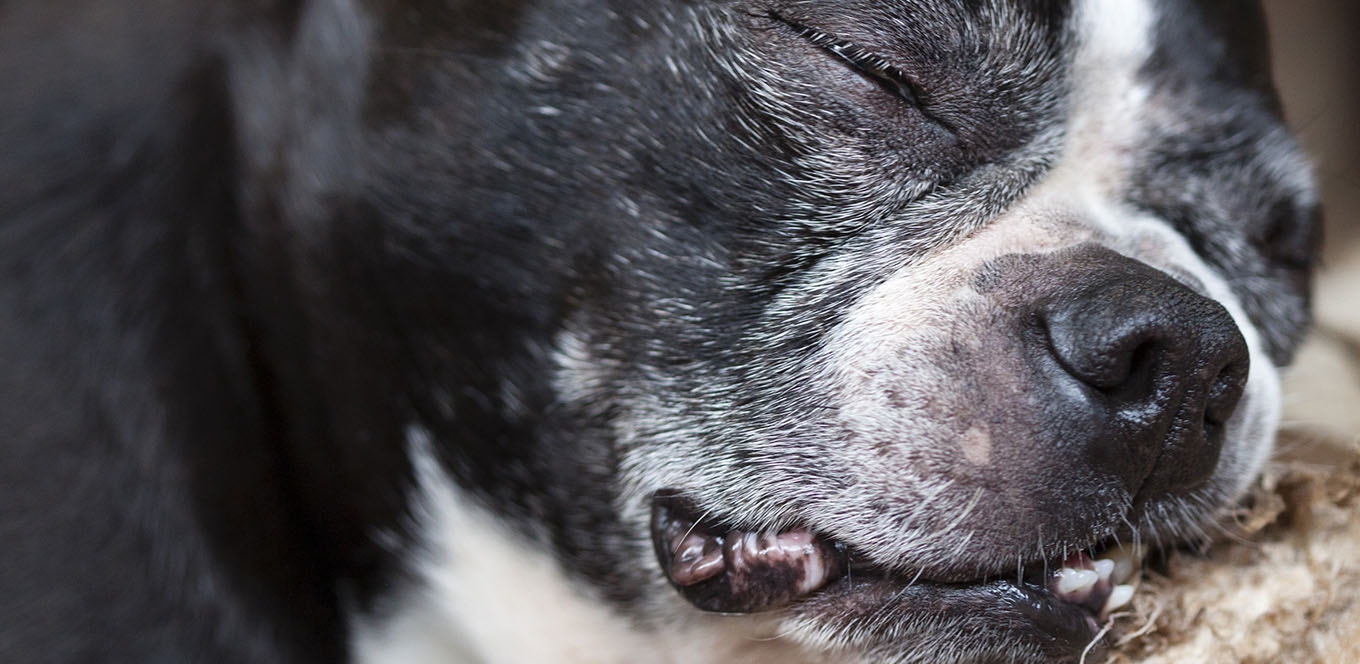

Not all small dogs have the same nutritional needs. Giving your dog a food specially formulated for her size and activity level is the easiest way to make sure you’re providing complete and balanced nutrition. Here’s how to provide the right nutrition for your small dog.
Small adult dogs require a food that offers complete nutrients essential for health and vitality. Here’s what to look for:
These ingredients are the keys to nutrition whether you feed dry or wet dog food or give your dog treats.
Small dogs have small mouths and stomachs. You may want to feed your dog a formula with a small bite size for easy chewing. A nutrient-dense food will help make sure she’s absorbing essential nutrients even though her stomach can only accommodate what seems like a small volume of food.
When choosing a food for your small-breed dog, also ask:
Special conditions like these dramatically affect your dog’s nutritional demands.
Less-active dogs and dogs who have been neutered or spayed are prone to weight gain. Controlling your dog’s weight is an important step toward protecting against complications of excess weight, such as diabetes or joint health problems. If you use a weight-control food, look for these ingredients:
Starting in the seventh week of her pregnancy, a mother dog will need to increase her energy intake up to 50% by the time she gives birth and increase it even more when she starts nursing her puppies. Because she may lose her appetite at times, it’s important that she eats a nutrient-dense food. A complete, balanced small-breed puppy formula can give her the extra nutrients she needs.
Unlike larger dogs that are considered mature at age 5, your small dog can remain on an adult diet until age 7. In fact, small-breed dogs tend to live longer and don’t experience age-related changes as early as bigger dogs. However, it is important to make a proactive transition to a specially formulated mature diet, such as IAMS™ ProActive Health™ Mature Adult Small & Toy Breed, so you can help keep your dog healthy and active for years to come.




Unlike larger-breed dogs that are considered mature or senior at age 5, small-breed dogs usually don’t experience age-related changes as early. But by age 7, your small dog is mature or senior, and his nutritional requirements are changing. You can help keep your dog active, happy and healthy with a specially formulated mature diet that delivers highly digestible, enhanced nutrition.
The changes your small dog is going through affect him in many ways. You may notice a dull, dry coat and flaky skin, energy loss or weight gain, more frequent intestinal problems, joint stiffness and a loss of lean muscle mass. It’s true that an aging dog may require fewer calories, but your mature or senior dog still needs high-quality protein and carefully balanced nutrients.
What your dog needs is a high-quality, balanced maintenance food formulated for a small dog’s changing metabolism. Look for options with these age-essential nutrients:
These ingredients are the keys to mature nutrition whether you feed dry or wet dog food or give your dog treats.
Additionally, small dogs have small mouths and small stomachs. A nutrient-dense mature formula with smaller kibble may help make food easier for your dog to chew.
Older, less-active dogs are prone to weight gain. Keeping your dog at a healthy weight can help minimize the risk of developing diabetes or joint stress. Your dog can benefit from a weight-control diet with these key ingredients:
While your mature or senior dog’s nutritional needs may be changing, that doesn’t mean he doesn’t have many active, happy years ahead. Make sure your dog can make the most of them by feeding him a proper diet designed for mature small-breed dogs.

